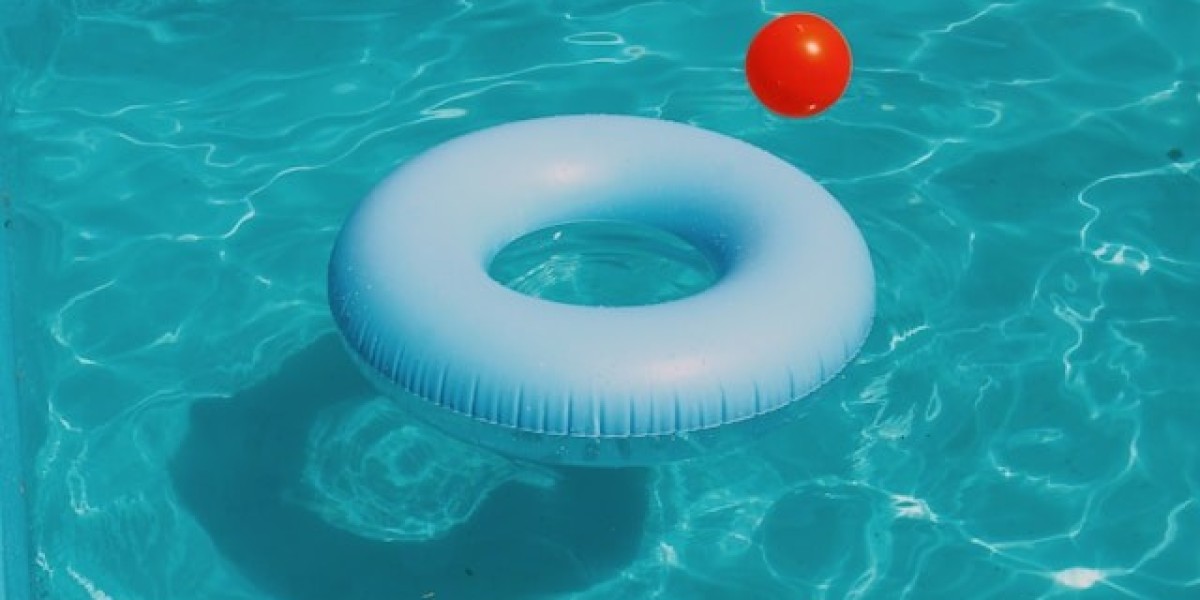Selecting the type of swimming pool is important in pool installation: above-ground versus in-ground pool. Every swimming pool type has positive and negative aspects. Weigh all options, crisscross the budget, and review future considerations prior to reaching a final decision. This guide will compare both types of swimming pools so that you can find the one that best fits your home and lifestyle.
A Brief on Aboveground Pools
Above-ground pools are the middle range of pools chosen by homeowners who consider them as being within their reach and too expensive. They are mainly fabricated with steel, aluminum, or resin frames into different shapes. With Above-Ground Pools come some advantages, for example:
- Cost Effectiveness: The most important one is initial cost. Aboveground pools are cheaper than in-ground installation costs.
- Setup Speed and Ease: Unlike above ground pools, setting them up often only takes a few days.
- Portability: An above-ground pool can easily be disassembled and moved. Unlike a permanent in-ground pool, an above-ground pool can easily be disassembled and moved when a person relocates.
- Lower Maintenance Costs: Smaller, less exposure to natural forces, so fewer chemicals are usually needed.
- Safety: Above-ground pools have an excellent entry point compared to in-ground pools, so having a young family is less likely to give a really high chance of an accidental fall into the pool.
Disadvantages of Above-Ground Pools
- Limited Engineering Life: Above-ground pools have a shorter engineering life expectancy of 7 to 15 years, depending on the materials.
- Aesthetic Appeal: They do not really blend in with your landscape and, indeed, might be considered aesthetically inferior to in-ground pools.
- Limited Customization- An above-ground pool has a limited number of design variations, which makes it almost impossible to create a personalized backyard oasis.
- They Don't Significantly Raise Resale Value: The above-ground swimming pool does not boost home resale value, as most potential buyers would possibly see it as a negative rather than a positive.
Understanding In-Ground Pools
In-ground pools are the kind of investment in one's property that most homeowners are looking for in increasing value and outdoor parts of outdoor livable space. In-ground pools are made of concrete, fibreglass, or vinyl.
Benefits of In-Ground Pools:
- Lasting and Durable: Properly maintained, these pools can last up to 20 years and sometimes even longer. Pools built in-ground last as they are made for it.
- Appeal to Aesthetics: Built to fit into the landscape, these pools make your outdoor space not only beautiful but also functional.
- Customization Options- Infinity edges, waterfalls, custom shapes, you name it, and in-ground pools have it all possible.
- High Resale Value: A well-kept in-ground pool can provide huge worth to your house to official potential buyers.
- Deeper and Larger- In-ground pools can thus have a much deeper and bigger basin, making swimming better for families and die-hard swimmers.
Disadvantages of In-Ground Pools
- High Initial Cost- The swimming pool installation cost for in-ground pools is many times that for above-ground pools.
- Installation Longer- Excavation, permits, and construction may extend into weeks or even months for in-ground installation.
- Higher Maintenance Requirements- In-ground pools require regular cleaning, chemical balancing, and prolonged resurfacing and repairs.
- Fixed Installation- In-ground pools are designed to be added to the yard and cannot stand a chance for relocation, unlike above-the-ground pools.
Considerations of Installation and Maintenance
Installation Time:
- Above-ground Pools- Installation would only take a few days, making this pool option one of the best for homeowners who would want to install it quickly.
- In-ground Pool- It takes days, weeks, or even months to excavate, install, and finish the concrete pour.
Using Easier Chemicals:
- Above-Ground Pools- They require less chemical usage because their water volume is smaller and easier to clean as well.
- In-Ground Pools- They require maintenance more frequently because their areas become larger, and algae development is easily possible.
The Right Choice: Factors to Consider
At this point, consider some other things, such as:
Budget:
- An above-ground pool is much more affordable for someone looking for something that requires little commitment to purchase.
- On the other hand, an in-ground pool is the way to go for someone willing to put money into something that will last in both durability and property value.
Use and Lifestyle:
- Families with children or those who simply have a small backyard may go for the safety and flexibility of the above-ground pool.
- The luxury swimming experience offered by an in-ground pool with its customization options would be best for anyone who wants it.
Aesthetic and Property Value:
- Above-ground pools are not likely to blend well with the landscaping and offer fewer options for design.
- An in-ground pool can be made to fit aesthetically in your backyard while adding value to your home.
Time and Effort for Maintenance:
Maintenance is as much as required for in-ground pools, which, in return, will support them for a longer duration and more pleasurable usage.
Conclusion: Which Pool Is Right for You?
Both types have their definite advantages and all sorts of challenges, and the decision depends on your budget, space, and personal preference when it comes to maintenance and plans. A professional will be able to install the swimming pool that will cater to your needs most effectively.



